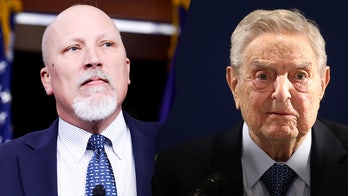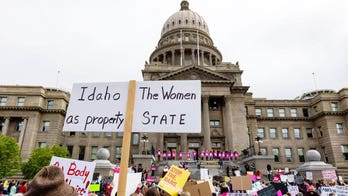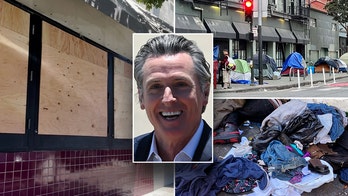While the Obama administration is congratulating itself for signing up 2.1 million people in private plans on state and federal health care exchanges, some analysts say it's a little early to uncork the champagne.
Robert Laszewski of Health Policy and Strategy Associates says, "ObamaCare has proven that it can enroll the sick people. To only have 2 million people enrolled out of 20 million uninsured, plus all the canceled policies, indicates you only got a very small group of people enrolled."
That's not even enough, he and others argue, to make up for the policies that were canceled because they didn't meet the requirements of ObamaCare.
Even the 2.1 million signed up through the end of December 2013 is far short of the administration's own goal of more than 3.3 million by the end of December – a number projected last September by the Center for Medicare and Medicaid Services or CMS.
And that figure was just a stepping stone to the eventual goal of 7 million by the end of March.
Health and Human Services Secretary Kathleen Sebelius told NBC in an interview last September, "Well, I think success looks like at least 7 million people having signed up by the end of March 2014."
But now that the administration appears to be falling short, other officials are playing down the 7 million target, sometimes even using exactly the same words.
Gene Sperling, director of Obama's National Economic Council, argued on “Meet the Press” Sunday that "first of all, there is no magic number. The key is to enroll as many people, have an exchange that`s working...."
White House spokesman Jay Carney said Monday that "it's important to understand that it is not - that there's not some magic number - 6,999,999, and the system collapses - one more than that, and it functions perfectly."
Carney said what is more important than total numbers is who is signing up.
"In terms of how effective the marketplaces function, the makeup, the mix of the population that enrolls is more important that the total number," he said.
On that, there appears to be no disagreement. But the mix factor is precisely what worries many analysts because with all the problems on the ObamaCare website,the most desperate and determined were the most likely to sign up.
"It doesn't take Einstein to figure out that the first people who will enroll are the sick people," says Laszewski.
Data from the state exchanges, such as Kentucky, point in the same direction.
James Capretta of the Ethics and Public Policy Center says ObamaCare does help the poorest and sickest with subsidies.
"If they're less healthy, it's a good deal, he says. "So those are the people that have signed up in Kentucky so far. They haven't really attracted the percentage they need in terms of 20 to 30 year olds."
Data from other states reflects the same trend.
Administration officials say not to worry-- that the young often wait until the end.
But if they don't sign up, it could be the end, because the plan isn't financially sustainable without them.




